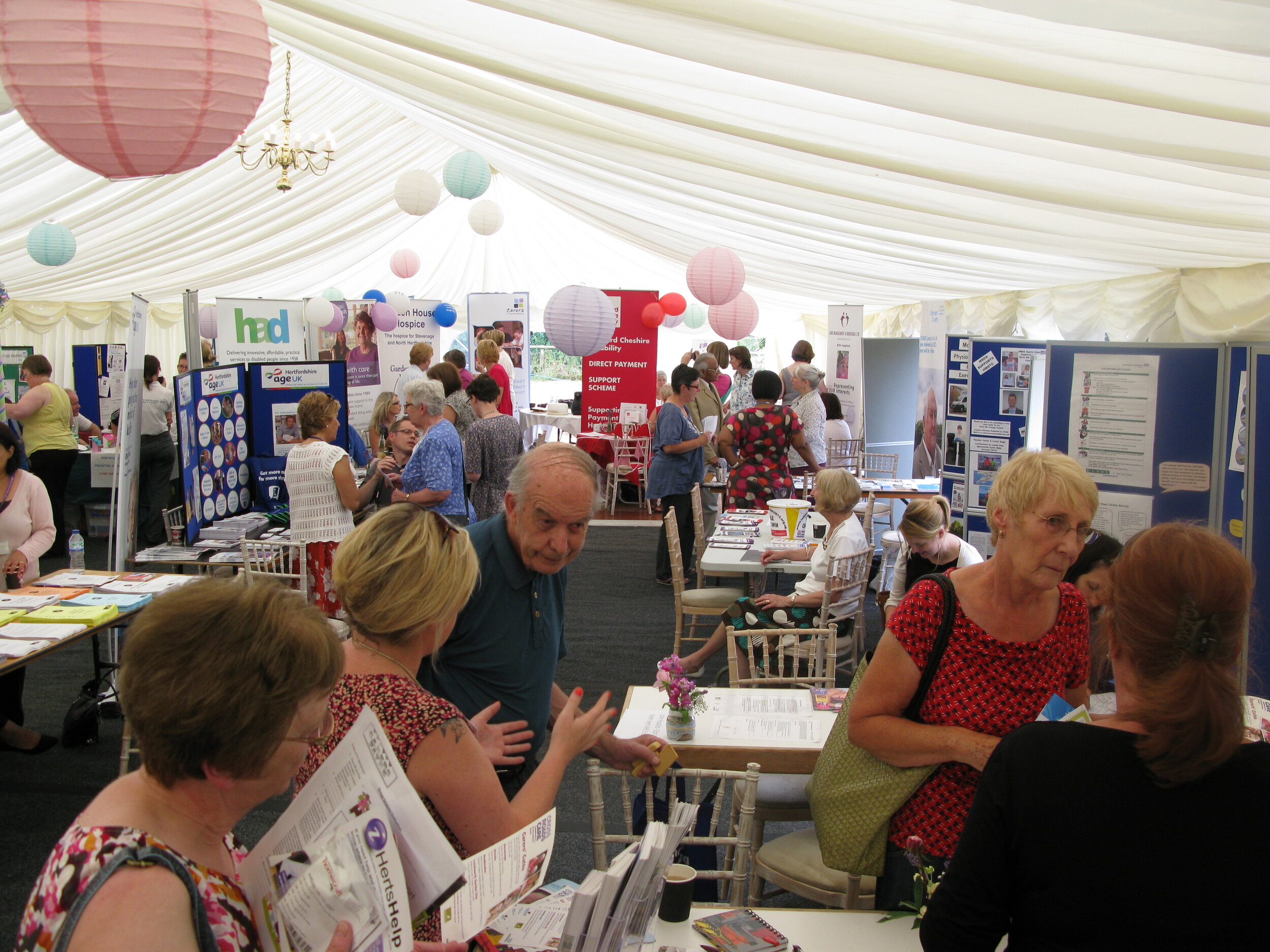Our History
The Centre began in 1984 in a Letchworth dining room – providing low cost homeopathic treatment by a qualified medical doctor. Clearly meeting a deep public need, we flourished and in a very short time our offerings broadened to include other holistic treatments: massage, osteopathy, the Alexander Technique and, importantly, innovative classes which taught people about how to take care of their own health. Over time, these became the backbone of our work.
To accommodate our growing practice, we moved to the Letchworth Settlement, followed by the former Water Board house, and finally to our current home, the former Rosehill cottage hospital. Rosehill had been an infectious disease facility during the first World War, a maternity hospital between the wars, finally ending its NHS connection in 1986 as a geriatric unit.
The Centre now occupies this site which has been used to support health for over 100 years.
In the 1990s, the external context was changing and what had been considered ‘fringe’ or ‘quackery’ was beginning to acquire the almost mainstream respectability of ‘complementary’ and ‘holistic’.
The Centre was in the vanguard of this interest and developed pioneering programmes and important partnerships with the NHS, with local schools and community organisations – delivering dozens of unique wellbeing programmes for children, single parents and older people.
At a time of greatly increased interest in ‘complementary medicine’, the Centre partnered Thames Valley University and designed and delivered a pioneering programme of university-accredited courses in complementary approaches to health. This culminated in the development of an innovative 2-year diploma in complementary approaches, validated by the English National Board for Nursing, Midwifery and Health Visiting. This was the first time that this organisation had ever validated a programme linking the mind and the body.
The Centre went on to partner with Marie Curie Cancer Care in designing workshops and a module for its Cancer Care Nursing programme. In recognition of its work, it was chosen as Complementary Health Centre of the Year in 2002 by CAM Magazine, and short-listed for Best Integrated Practice by the Prince of Wales’ Foundation for Integrated Health.
Over the years the Centre has partnered with the NHS, with local schools and community organisations – delivering dozens of unique wellbeing programmes for children, single parents, older people.
Awards
1992 Granted Associate College status by Thames Valley University
1993 Our 2-year Diploma Course was validated by the English National Board For Nursing, Midwifery and Health Visiting
2002 Chosen Complementary Health Centre of the Year by CAM Magazine for our community work
2005 Shortlisted by the Prince of Wales’ Foundation for Integrated Health as ‘Best Integrated Practice’
2014 Complementary Health Centre of the Year for a second time by CAM Magazine
2017 Positive Movement programme was awarded two Innovations Grants by Herts County Council
2018 Positive Movement wins national award for Prevention and Self-Care










